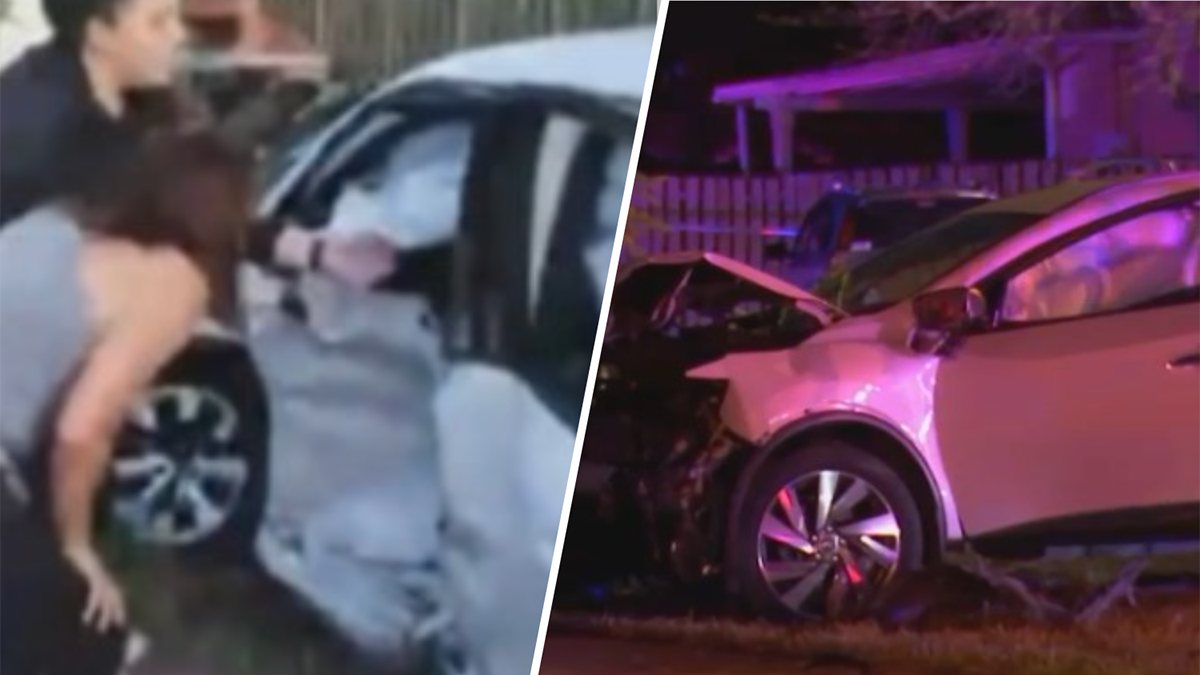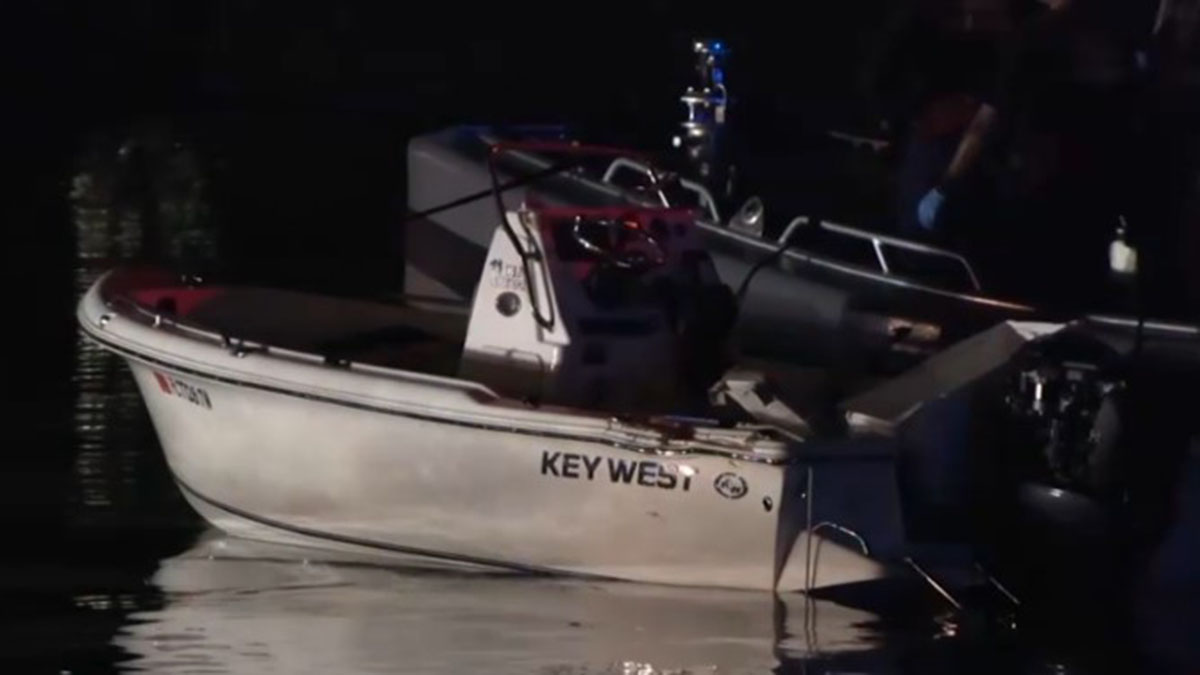White House officials left open the possibility Tuesday that President Obama could recommend Cuba's removal from a list of state sponsors of terror around the time of the Summit of the Americas later this week in Panama. The officials also sought to soften tensions with Venezuela that threatened to overshadow the summit.
Deputy National Security adviser Benjamin Rhodes said the State Department's review of Cuba's place on that terror list is in "its final stages." While he said the timing is in the hands of Secretary of State John Kerry, he would not rule out an Obama announcement during the two-day summit in Panama City.
Removing Cuba from the terror list would be one of the biggest developments since Dec. 17, when Obama and Cuban President Raul Castro announced they would seek to re-establish diplomatic relations after half a century of antagonism. But Rhodes cautioned that the actual opening of embassies in Havana and in Washington by both countries was still some time off.
"When you have two countries that haven't spoken to each other like this over 50 years, you have lot off issues to work through," Rhodes said in a call previewing Obama's trip to Jamaica and then to the summit in Panama. Obama leaves for the Caribbean on Wednesday.
Among the issues that have slowed the diplomatic efforts have been Cuba's presence on the terror list and U.S. demands that U.S. diplomats be able to interact with the Cuban people without limitations.
The normalization of relations with Cuba was to be one of the centerpieces of the summit Friday and Saturday in Panama city. The U.S. has repeatedly objected to Cuba's participation in the periodic assembly of leaders from the Americas. But the U.S. dropped its opposition this year.
Instead, the Obama administration has aimed its indignation at Venezuela over President Nicolas Maduro's crackdown on dissent and his imprisonment of political opponents. Seeking to put pressure on Maduro, Obama signed an executive order slapping sanctions on seven Venezuelans.
Local
Maduro and his allies in the region, including Ecuadoran President Rafael Correa, have characterized the sanctions as an act of aggression, citing language in the Obama executive order that describes Venezuela as a threat to U.S. security.
Rhodes sought to tamp down the furor, noting that the language is boilerplate used in executive orders that impose sanctions around the world.
"The U.S. doesn't believe that Venezuela poses some threat to national security," Rhodes said. The action, Rhodes said, "was not of a scale that in any way was aimed at targeting the Venezuelan government broadly."
Ricardo Zuniga, the National Security Council's senior director of Western Hemisphere Affairs, said that given that the U.S. is Venezuela's largest trading partner and that both countries share family connections, the U.S. is interested in Venezuela's success. He said the U.S. supports efforts by some South American governments to promote a political resolution to internal disputes in Venezuela.
But he also noted regional concerns over Venezuela's economy crisis and its impact on countries that relied on Venezuelan oil assistance.
"We don't have any hostile designs on Venezuela," he said.
In Panama, President Juan Carlos Varela, the summit host, predicted that tensions between the U.S. and Venezuela would be unlikely to dominate the summit in light of Obama's decision to restore diplomatic ties with Cuba.
"The summit isn't about the bilateral relationship between the United States and Venezuela," Varela said in an interview. "The emphasis on Cuba is different because it's the first time Cuba participates in the Summit of the Americas, so that's huge for us."



